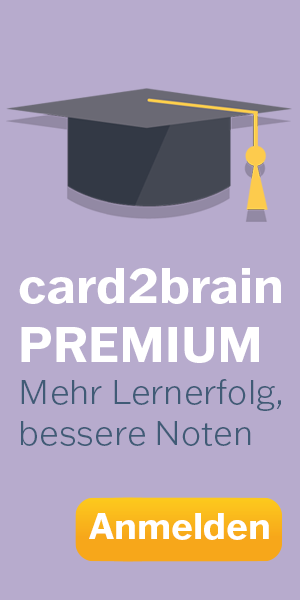Organization and Leadership Lecture 11
Strategic Human Resource Management
Strategic Human Resource Management
10
0.0 (0)
Kartei Details
| Karten | 10 |
|---|---|
| Sprache | English |
| Kategorie | BWL |
| Stufe | Universität |
| Erstellt / Aktualisiert | 21.01.2017 / 21.01.2017 |
| Weblink |
https://card2brain.ch/box/20170121_organization_and_leadership_lecture_11
|
| Einbinden |
<iframe src="https://card2brain.ch/box/20170121_organization_and_leadership_lecture_11/embed" width="780" height="150" scrolling="no" frameborder="0"></iframe>
|

